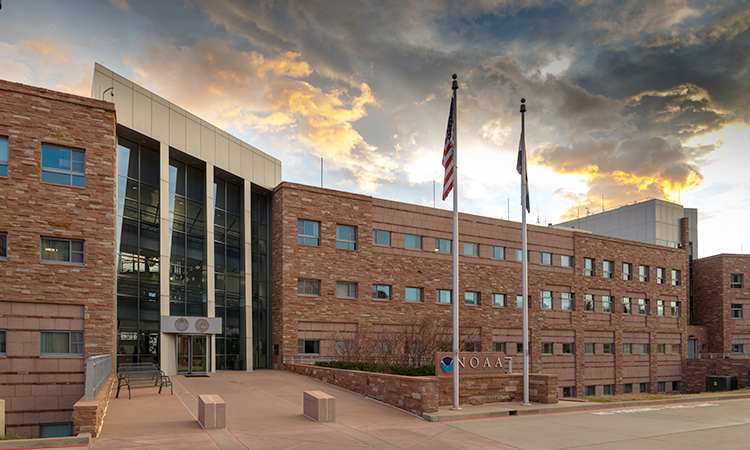A .gov website belongs to an official government organization in the United States.
A lock () or https:// means you've safely connected to the .gov website. Share sensitive information only on official, secure websites.

In IAGOS-CARIBIC (In-service Aircraft for a Global Observing System - Civil Aircraft for the Regular Investigation of the atmosphere Based on an Instrument Container) a laboratory currently filled with 19 instruments for trace gas and aerosol measurements is operated for four long-distance flights per month on board a passenger aircraft (Airbus A340-600) by Lufthansa. After a short overview on the payload, the deployment of the laboratory and the specialty of the data, I will highlight some scientific topics from the last years. The dominating transport pathways from the ground to the upper troposphere and lowermost stratosphere will be discussed in some detail, by using contrasting types of tracers that differ in origin, atmospheric lifetime and physical properties. The outlook will cover the status of the current modification of the laboratory with five new instruments and the retrofitting of a new A350 planned for 2018/2019.
Dr. Andreas Zahn is group leader for the Group Tropopause (TOP) at KIT. The group is particularly interested in the budgets of trace gases in the upper troposphere and lower stratosphere (UTLS), i.e. between ~6 km and ~25 km. The layer sandwiched between the two spheres UT and LS, the tropopause, shows an altitude of ~17 km in the tropics and 8-12 km in mid- and polar latitudes. The UTLS plays an essential role in controlling climate on earth. He is also the Coordinator for IAGOS-CARIBIC.
ALL Seminar attendees agree not to cite, quote, copy, or distribute material presented without the explicit written consent of the seminar presenter. Any opinions expressed in this seminar are those of the speaker alone and do not necessarily reflect the opinions of NOAA or CSL.